In my role as a Neurologist, I often address concerns about Parkinson’s disease, a condition that typically affects middle-aged and older adults. Understanding this disorder is crucial for those affected and their families.
Understanding Parkinson’s Disease:
Parkinson’s disease is primarily a movement disorder, but its impact goes beyond just physical symptoms. It involves the gradual loss of nerve cells in a part of the brain called the substantia nigra, leading to a decrease in dopamine, a chemical crucial for controlling movement and coordination.
Symptoms:
The hallmark symptoms of Parkinson’s include:
- Tremors: Shaking in hands, arms, legs, jaw, or head.
- Rigidity: Stiffness of the limbs and trunk.
- Bradykinesia: Slowness of movement.
- Postural Instability: Impaired balance and coordination.
Patients may also experience non-motor symptoms such as sleep disturbances, mood changes, and cognitive alterations.
Diagnosis:
Diagnosing Parkinson’s requires a comprehensive evaluation:
- Clinical Assessment: We look for the characteristic symptoms mentioned above.
- Medical History: Understanding the patient’s medical and family history is key.
- Neurological and Physical Examination: To assess the severity and impact of the symptoms.
Management of Parkinson’s Disease:
- Medication: There are several types of medications used to treat Parkinson’s symptoms, primarily aimed at increasing dopamine levels or mimicking its actions. These include Levodopa, Dopamine agonists, MAO-B inhibitors, and others.
- Therapies: Physiotherapy can help improve mobility and balance. Occupational therapy aids in adapting daily activities, and speech and language therapy is vital for addressing communication difficulties.
- Lifestyle Changes: Regular exercise, a balanced diet, and stress management are essential components of managing Parkinson’s.
- Supportive Care: Emotional and psychological support for both patients and their families is crucial. Support groups and counselling can be beneficial.
Parkinson’s is a progressive disease, and while there is no cure yet, effective management can significantly improve quality of life. Early diagnosis and a tailored treatment plan are key.
If you or someone you know is experiencing symptoms of Parkinson’s disease, I encourage seeking professional guidance. For more information or to arrange a consultation, please visit the contact section on our website.
